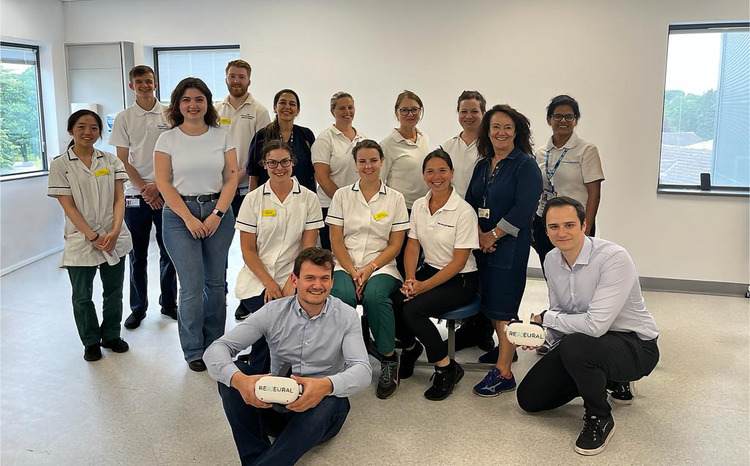GPSoC contracts to be signed early 2015
- 5 November 2014

The final contracts for suppliers on the GP Systems of Choice framework will be signed by early next year, the Health and Social Care Information Centre has said.
Kemi Adenubi, a programme director at the HSCIC, said lot three of the GPSoC framework will help to expand the use of systems and services to improve interoperability between GP practices and other care settings.
Adenubi spoke about the framework as part of the Best Practice Showcase at the EHI Live 2014 conference in Birmingham yesterday.
GPSoC is a framework contract which funds GP IT systems for 75% of practices in England. The framework originally expired in March 2013, but was extended for another year while the Department of Health tendered for a new contract, worth up to £1.2 billion.
The HSCIC signed contracts with 17 suppliers in March and April for lot one of the framework, which is centrally funded and focuses on patient-facing services and advanced document management.
Adenubi said the original aim of the framework was to expand the number of suppliers available to GP practices while also improving interoperability within primary care.
“What we were trying to do was acknowledge the fact that we couldn’t just rely on the primary systems to deliver functionality to GP practices.
“We asked GPs what they wanted, and they wanted the opportunity to access other software, and asked to open up interfaces to GP systems so they could go to third party companies.”
The framework is not about turning practices into “massively fragmented services” but allowing them to select the systems that work best for them, she said.
“We had an issue where there are always national requirements, things that require attention, and the feedback we were getting was that it was distracting suppliers from offering the services that GPs actually want.”
Adenubi said lot one’s additional focus on patient-facing services will give patients greater choice over what system they use to book appointments and order prescriptions.
“Until now, they’ve been locked into a practice – if they’re an Emis practice then they use an Emis service, if it’s a TPP practice then they use a TPP service.
“What we want to do is open it up so patients can use whichever services they want – the GP practice sets up the principal system of practice, and on the other side of the interface are multiple systems that the patient can choose.”
Adenubi said lot two, for additional GP services to be funded locally, will provide “what we call a shop window” with 31 suppliers set to sign contracts in November.
Lot three, for interoperability between GP systems and different care settings and also funded locally, was chosen after the HSCIC asked suppliers what they want to offer to practices.
“There are lots of systems in other care settings that want to integrate with GP systems – it’s very open, it’s up to suppliers to come together with NHS customers and offer services under the framework.”
Adenubi said the HSCIC is currently in dialogue with 18 potential lot three suppliers, with contracts expected to be signed early next year.
One area of focus for the GPSoC framework is improving the speed of the HSCIC’s processes for smaller suppliers to ensure they are not excessively delayed, she said.
“Our processes mean they do take too long, and far too long for smaller suppliers, so that’s something we need to work on.”




